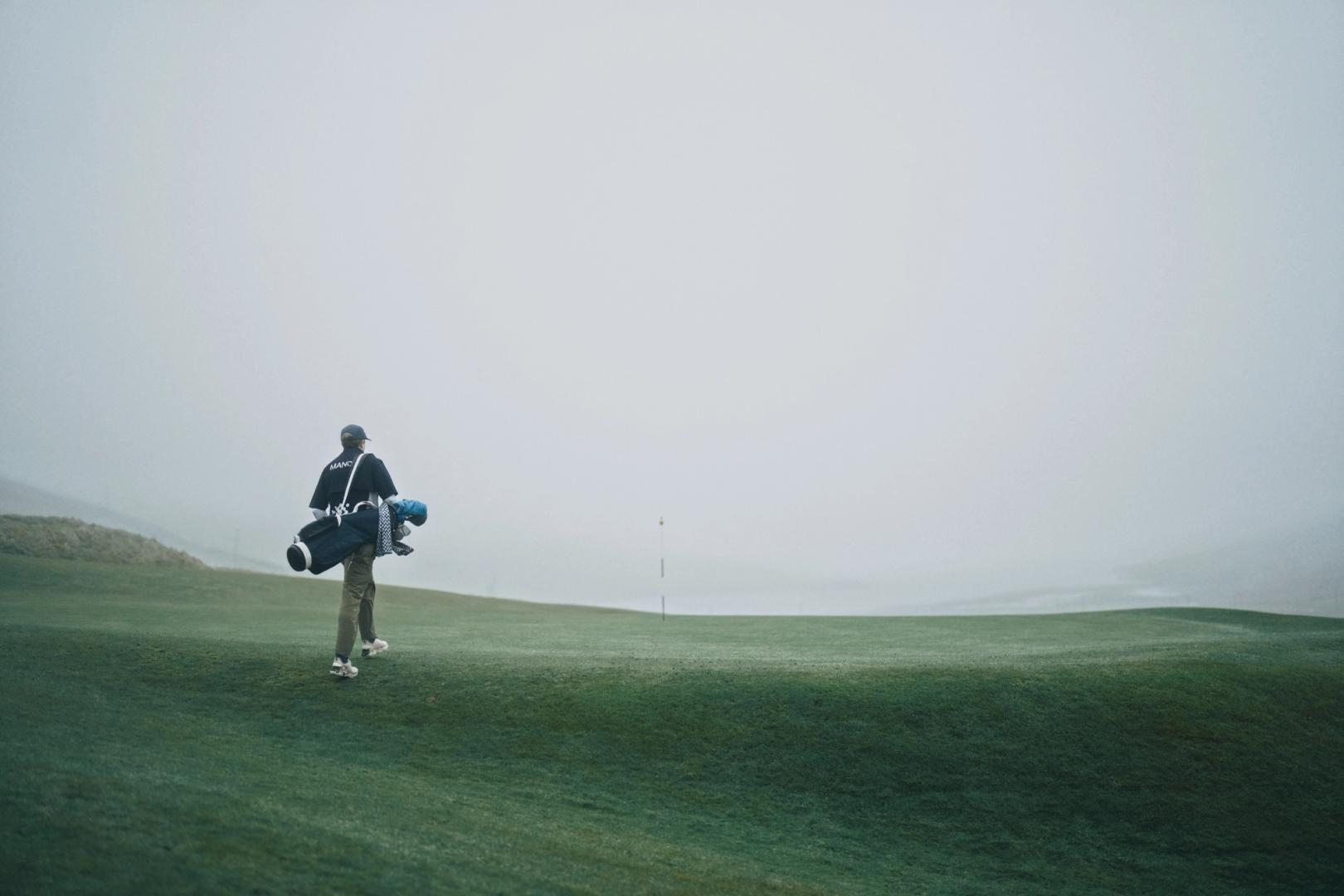
The Obstacle is the Way
If you want to marry me, its going to cost you.
Those aren’t the words of The Real Housewives of Orange County, its an ancient marital tradition known as a dowry: a payment of goods from the woman’s family to the man’s, in the name of holy matrimony.
The value of a dowry is related to the man’s social status. A way to insure against the marriage's demise as well as a means of maintaining social hierarchy: a peasant woman couldn’t possibly afford to marry a diamond laden Prince.
These offerings, still practiced in certain places around the world, usually take the form of money, jewellery or property. But one marriage in the 15th century upped the stakes.
In 1468, Margaret of Denmark and James III of Scotland planned to tie the knot. In order to facilitate the marriage of these two monarchic titans, the King of Denmark would have to front up a hefty cost. But King Christian I had fallen on hard times. In the midst of financial ruin, he was forced to adapt. As the debt collectors thumbed through his books, they found two intriguing, island shaped assets.
Shetland and Orkney, Norse owned settlements acting as crucial ports in the transportation of people and produce into Scandinavia, equated to the price required to fulfil the agreement. Shetland, considered far less commercially promising, was valued at a meagre 8,000 florins. Along with Orkney, the island was thereby returned to Scottish rule.
I’ve also returned to Scotland, not from Danish ownership but from the comfort of the British Capital. I was born in Glasgow, the Ayrshire coast moulded my golf game and bullied me around soggy, wind beaten fairways. But my destination this time lies further north. I’ve ventured 26 hours from London, 200 miles off the North Coast of the Scottish mainland, to Shetland. I’m here because I’ve been set a lofty challenge: in order to book my ticket home, I must birdie each of the 54 holes on the island. Oh, and it’s December.
***
I want to go home now.
Its 5am when my alarm goes off for the third morning in a row. Depending on cloud cover, it should be bright in around 4 hours time. 6 hours after that, we’ll be plunged back into total darkness. As I force down my breakfast I tally up the miles I covered on the fairways the previous day: 2 x 220 yards x 20 attempts = 8km, and that was just on one hole. I swallow another forkful of eggs.
The volume of birdies and the physical toll aren’t the only hurdles I must overcome. This is officially the windiest place in the British Isles. They’ve recorded gusts of over 200 mph on the North Coast. They couldn’t verify it, the gusts broke the windspeed recording equipment.
Thankfully, the winds haven’t reached their full strength during my visit, but the conditions are some of the bleakest I’ve faced. As we move from Shetland’s oldest golf club, near Lerwick, to the far flung island of Whalsay, a few things are consistent. Shoes are soaked from wading across saturated fairways, purely struck putts bounce off line inches short of the hole and a thick wet mist drifts in from the west. Honesty boxes, pebble dashed clubhouses filled with teak furniture and metallic box shaped lockers bring with them a rich and charming sense of nostalgia. But as I march back into the fog to make my 7th attempt at birdie on a 450 yard par 4, the charm is obliterated. This place is shit.
As I writhe in the belly of my own self pity, I think back to King Christian who handed off this island at a fraction of its true value. A good move I think to myself: this place is miles away from anywhere, commercially barren and burdened with an apocalyptic climate. Good riddance.
Then a putt drops, I conquer that monstrous par 4 and check off a full 18 holes. The weather persists but I grit my teeth. Birdies wrack up despite the chaotic scenes around me. Something inside me is deeply in tune with this wretched, barren place: the obstacles I’m facing are the fuel for my progress.
To live on Shetland is to face a barrage of adversity, but it’s that same adversity that sparks the innovation to grip more tightly to what really matters. On long dark nights, the local community gathers for music evenings at the family run Asta Golf Course. Tireless lonely days sweeping goose shit off putting surfaces means the greenskeepers here cherish interactions with visitors. Gruesome weather encourages a uniquely dark sense of humour that brings levity to the heaviest situations.
I’ve been shaped by similar forces, even back in the relative comfort of the mainland. Sure, this is a deeply flawed country, often disregarded by our ancient foes to the south. But I know that it’s the adversity presented by my surroundings that have shaped me into the person I am today. Its wind battered fairways have toughened me, its quiet streets have given me time to think and its access to some of the world’s most dramatic landscapes has rounded off the hard edges. It’s not so bad, this little shit hole.